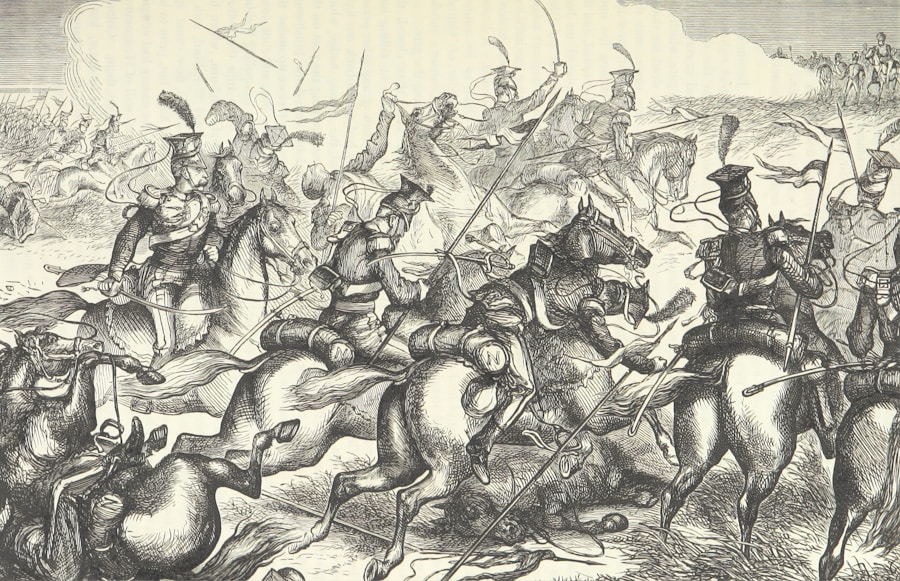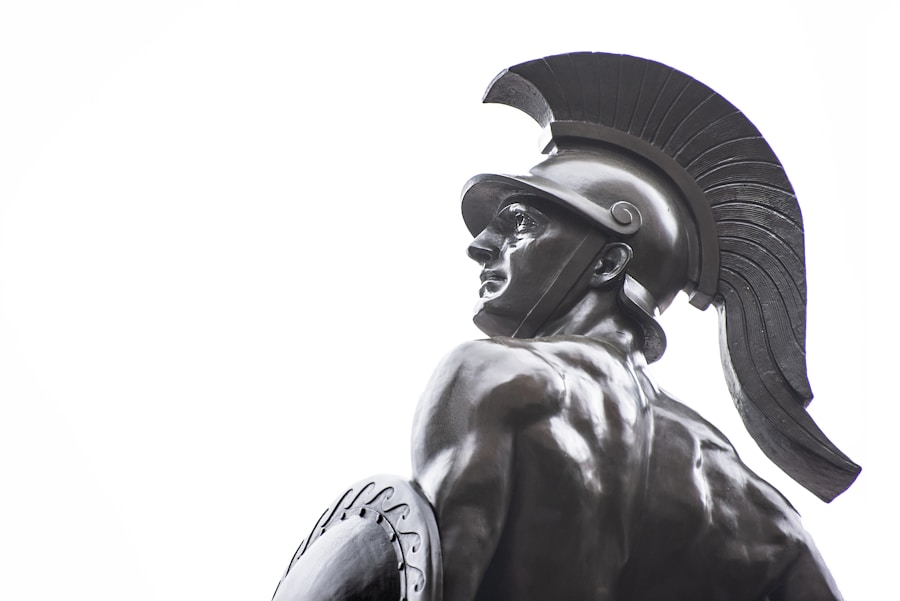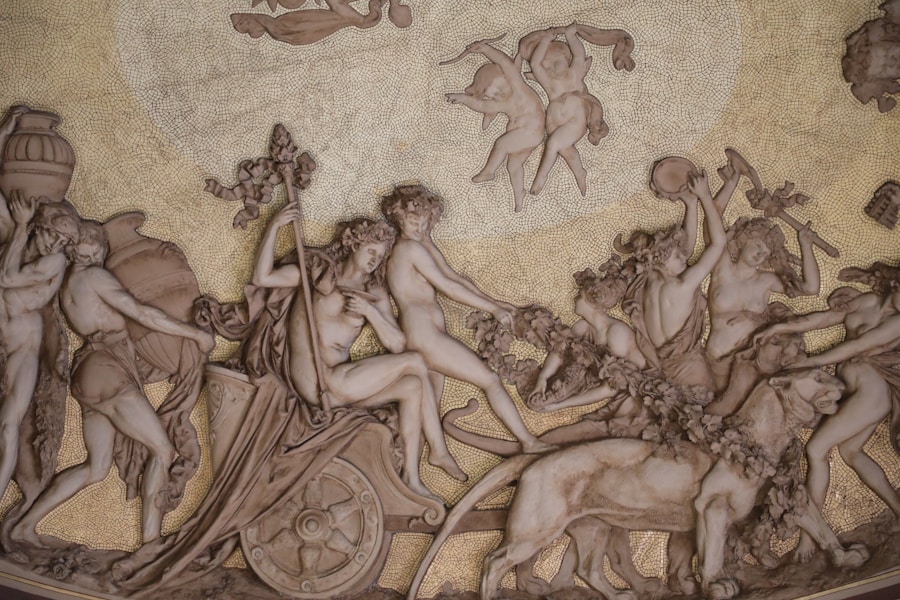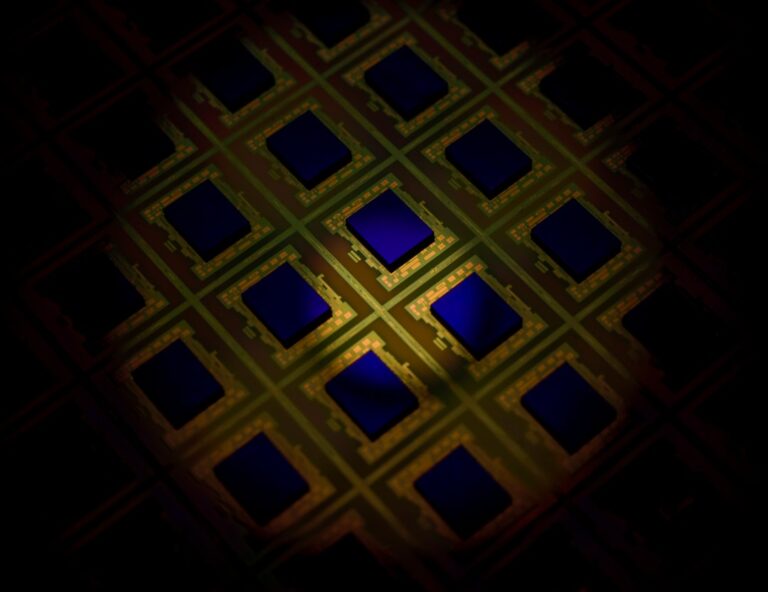W.H. Auden’s poem “The Shield of Achilles,” published in 1952, stands as a poignant exploration of the intersection between classical mythology and the stark realities of modern warfare. Drawing inspiration from Homer’s “Iliad,” where the shield crafted by Hephaestus for the Greek hero Achilles is described in vivid detail, Auden reinterprets this ancient artifact to reflect the disillusionment and brutality of contemporary conflict.
The poem juxtaposes the idealized vision of heroism and glory associated with ancient warfare against the grim and mechanized nature of 20th-century battles. Through this lens, Auden critiques not only the nature of war itself but also the societal values that glorify it. In “The Shield of Achilles,” Auden employs rich imagery and stark contrasts to convey his message.
The poem opens with a description of the shield that is both beautiful and terrifying, encapsulating the duality of human experience in times of war. The imagery shifts from the heroic and noble to the bleak and desolate, reflecting a world where traditional notions of honor and valor have been replaced by chaos and destruction. This transformation serves as a powerful commentary on how modernity has reshaped our understanding of conflict, challenging readers to reconsider their perceptions of heroism and the cost of war.
Key Takeaways
- Auden’s “Shield of Achilles” is a poem that explores the theme of war and its impact on society and individuals.
- The poem portrays war as a destructive force that dehumanizes and corrupts both the victors and the vanquished.
- Modernity has influenced the portrayal of war in the poem, highlighting the mechanized and dehumanizing nature of modern warfare.
- The Shield of Achilles symbolizes the dehumanizing effects of war, depicting a world devoid of humanity and filled with violence and suffering.
- Auden’s commentary on the effects of war in “Shield of Achilles” remains relevant in the modern world, serving as a powerful reminder of the destructive nature of war and its impact on humanity.
War and its portrayal in Auden’s poem
Auden’s portrayal of war in “The Shield of Achilles” is marked by a profound sense of irony and disillusionment. The poem begins with a vivid description of the shield, which is expected to depict scenes of glory and valor. Instead, it presents a stark tableau of modern warfare characterized by mechanization, dehumanization, and despair.
This inversion of expectations serves to highlight the futility and horror inherent in war, stripping away any romantic notions that might linger from classical depictions. The poem’s depiction of war is not merely a reflection of physical violence but also an exploration of its psychological impact on individuals and society.
Auden captures the alienation experienced by soldiers who find themselves trapped in a cycle of violence that seems devoid of meaning or purpose. The stark contrast between the expected grandeur of Achilles’ shield and the grim reality depicted in Auden’s verses underscores a critical commentary on how modern warfare has transformed human experience. The soldiers are portrayed not as noble warriors but as mere cogs in a vast machine, highlighting the loss of individuality and humanity in the face of overwhelming violence.
Modernity and its impact on the theme of war in the poem

The theme of modernity permeates “The Shield of Achilles,” shaping Auden’s critique of contemporary warfare. In contrast to the epic battles celebrated in ancient literature, Auden’s modern battlefield is characterized by technological advancements that render traditional notions of heroism obsolete. The mechanization of war, with its reliance on machinery and impersonal tactics, creates a sense of detachment from the human cost involved.
This shift reflects broader societal changes brought about by industrialization and technological progress, which have fundamentally altered the nature of conflict. Auden’s exploration of modernity extends beyond the battlefield to encompass societal attitudes toward war. The poem suggests that modern society has become desensitized to violence, viewing it through a lens that prioritizes efficiency over empathy.
The imagery within the poem evokes a world where suffering is normalized, and human lives are reduced to mere statistics in a larger narrative of conflict. This commentary resonates with contemporary audiences who grapple with similar issues in an age marked by ongoing wars and conflicts driven by political agendas rather than individual valor or honor.
The symbolism of the Shield of Achilles in the context of modern warfare
The Shield of Achilles serves as a powerful symbol within Auden’s poem, representing not only the ideals associated with heroism but also the stark realities of modern warfare. In Homer’s original narrative, the shield is a masterpiece adorned with intricate scenes that celebrate life, culture, and human achievement. However, Auden subverts this symbolism by depicting a shield that reflects a world ravaged by war, where beauty is overshadowed by brutality.
This transformation underscores the dissonance between the heroic past and the grim present, inviting readers to confront the implications of such a shift.
It embodies both the aspirations for glory and the harsh truths that accompany conflict.
The imagery associated with the shield—once a symbol of protection and honor—now evokes feelings of despair and hopelessness. Auden’s reimagining challenges readers to consider how symbols that once inspired courage can become tainted by the realities they represent. The shield thus serves as a reminder that even objects imbued with historical significance can be recontextualized to reflect contemporary anxieties about war and its consequences.
Auden’s commentary on the effects of war on society and individuals
Auden’s “The Shield of Achilles” offers a profound commentary on the effects of war on both society and individuals, revealing how conflict permeates every aspect of life. The poem illustrates how war dehumanizes not only those who fight but also those who remain at home, creating a pervasive atmosphere of fear and uncertainty. The imagery evokes a sense of collective trauma, suggesting that the scars left by war extend far beyond the battlefield.
Families are torn apart, communities are shattered, and societal values are fundamentally altered in the wake of conflict. Moreover, Auden delves into the psychological toll that war exacts on individuals. Soldiers return from battle not as heroes but as haunted figures grappling with their experiences.
The poem captures this sense of alienation, portraying individuals who struggle to reintegrate into a society that may not fully comprehend their suffering. This commentary resonates deeply in contemporary contexts where veterans often face challenges related to mental health, identity, and societal reintegration after experiencing trauma in combat. Auden’s exploration serves as a poignant reminder that the effects of war are not confined to physical destruction; they extend into the very fabric of human existence.
The relevance of Auden’s “Shield of Achilles” in the modern world

The Mechanization of War and Its Ethical Implications
The themes explored in the poem resonate with contemporary audiences who witness ongoing wars characterized by similar mechanization and dehumanization as those depicted by Auden. As technology advances, warfare becomes increasingly impersonal, raising ethical questions about the nature of conflict and its impact on humanity.
A Cautionary Tale and a Call to Reflection
The poem serves as a cautionary tale about the potential consequences of allowing technological progress to overshadow our moral responsibilities. Furthermore, Auden’s critique extends beyond specific conflicts to address broader societal attitudes toward war. It urges us to reflect on our complicity in perpetuating cycles of violence and to consider how we can foster empathy and understanding in an increasingly fragmented world.
A Timeless Reflection on War, Modernity, and Human Experience
In conclusion, W.H. Auden’s “The Shield of Achilles” transcends its historical context to offer timeless reflections on war, modernity, and human experience. Through its vivid imagery and profound commentary, it invites readers to grapple with difficult questions about heroism, suffering, and societal values in an era defined by conflict. As we continue to confront the realities of war in our own time, Auden’s work remains an essential touchstone for understanding the complexities inherent in human existence amidst violence and turmoil.
Auden’s “Shield of Achilles” explores the themes of war and modernity, reflecting on the horrors of conflict and the dehumanizing effects of technology. This poem resonates with the article “Introduction to Culture in Indian Society,” which delves into the impact of societal norms and values on individual identity. Both works highlight the complexities of human experience and the ways in which cultural forces shape our understanding of the world. To read more about culture and society, check out this insightful article.






















+ There are no comments
Add yours